Chinese President Xi Jinping emphasized the armed forces' political loyalty as a crucial meeting on the political work in the military was held in Yan'an, an old revolutionary base in northwest China's Shaanxi Province.
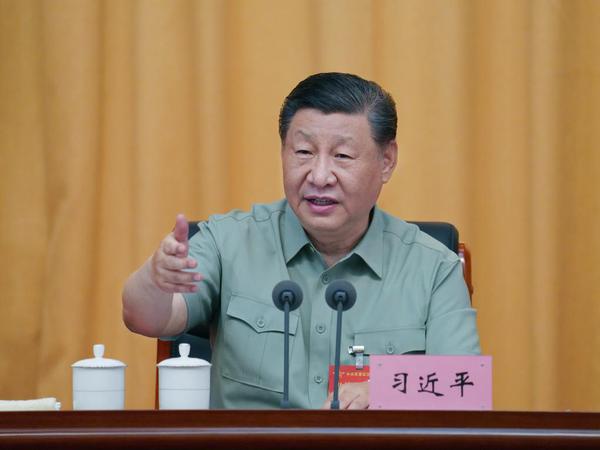
Xi, also general secretary of the Communist Party of China (CPC) Central Committee and chairman of the Central Military Commission (CMC), demanded efforts to ensure a solid political guarantee for building a strong military, as he addressed the CMC Political Work Conference, held from Monday to Wednesday.
The Yan'an conference, which Xi personally decided to convene, took place 10 years after a similar meeting was held in Gutian, east China's Fujian Province. The participants discussed and made arrangements for promoting political work in the People's Liberation Army (PLA).
Xi emphasized the need to uphold the Party's absolute leadership over the military and to build a high-quality cadre team that is loyal, clean, responsible, and capable of fulfilling the mission of strengthening the military.
On Monday afternoon, Xi led CMC members and heads of various departments and units to visit the revolutionary relics at Wangjiaping, where the CMC's headquarters were stationed from August 1937 to March 1947.
Xi visited the former residences of late revolutionary leaders including Mao Zedong, Zhou Enlai and Zhu De in Yan'an to honor the memory of their revolutionary struggle.
The Yan'an conference marks a return to the roots of the military, Xi said.
He called on senior military officers to shoulder the responsibilities entrusted by the Party and the people to keep strengthening the armed forces.
Xi delivered an important speech at the conference, noting that after the 18th CPC National Congress in 2012, the CPC Central Committee held the 2014 military political work conference in Gutian and improved political conduct through rectification initiatives.
Measures to govern the military with strict discipline have been comprehensively implemented with unprecedented determination and intensity, achieving historic accomplishments in enhancing political loyalty in the military, according to Xi.
Xi stressed that political work is always the lifeline of the country's military. The armed forces must always be led by those who are reliable and loyal to the Party, and there must be no place for corruption within the military.
Noting that China's military is confronted with complicated challenges in the political work, Xi said it is necessary to continuously enhance political loyalty in the military to ensure that the people's armed forces always uphold their core values, maintain purity, and strictly adhere to discipline.
He also analyzed the deep-seated problems that need to be addressed in military political work, emphasizing that a root cause of these problems lies in the lack of ideals and beliefs.
Xi called on relevant personnel at all levels, especially senior cadres, to introspect, engage in soul-searching reflections, and make earnest rectifications.
Xi highlighted key work to enhance political loyalty in the military, urging efforts to arm the military with the Party's new theories and improve the leadership of Party organizations, as well as their capabilities of organization and implementation.
The Party leadership must be upheld in all the fields and the whole process of enhancing combat readiness, Xi noted.
Xi urged efforts to nurture a contingent of high-caliber officers, eradicate the breeding ground for corruption, and enhance the comprehensive oversight of high-ranking officers in terms of their performance of duty and exercise of power.
Officers at all levels, especially those in the higher ranks, should lead by example and serve as pioneers and models, Xi said.
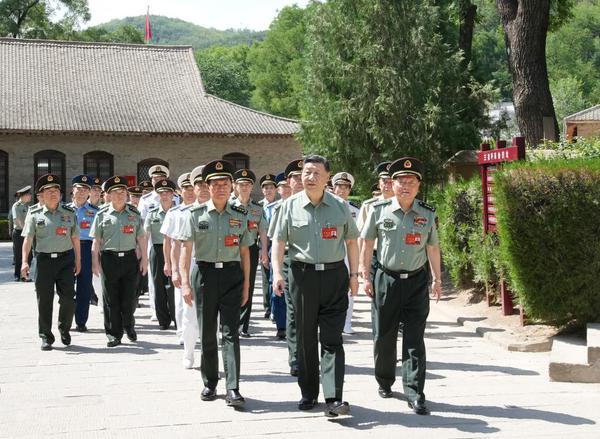
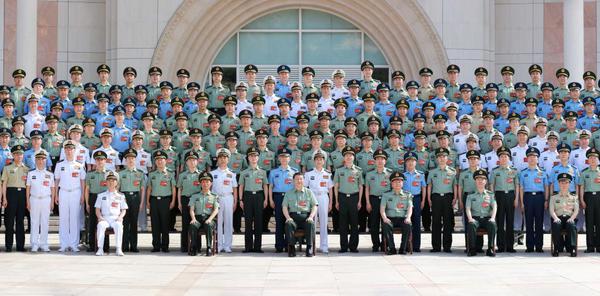









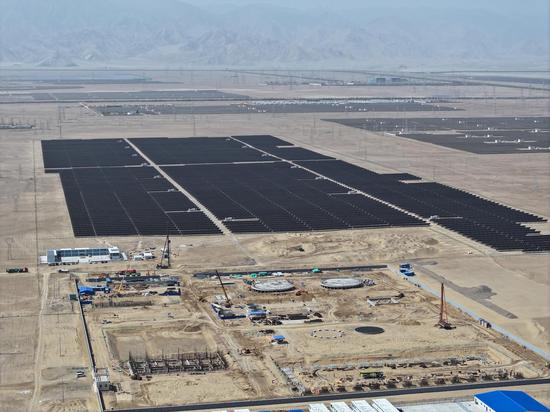



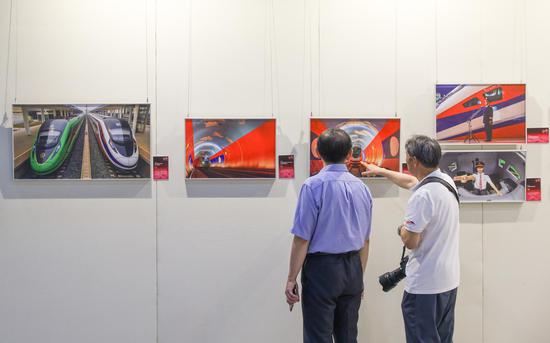
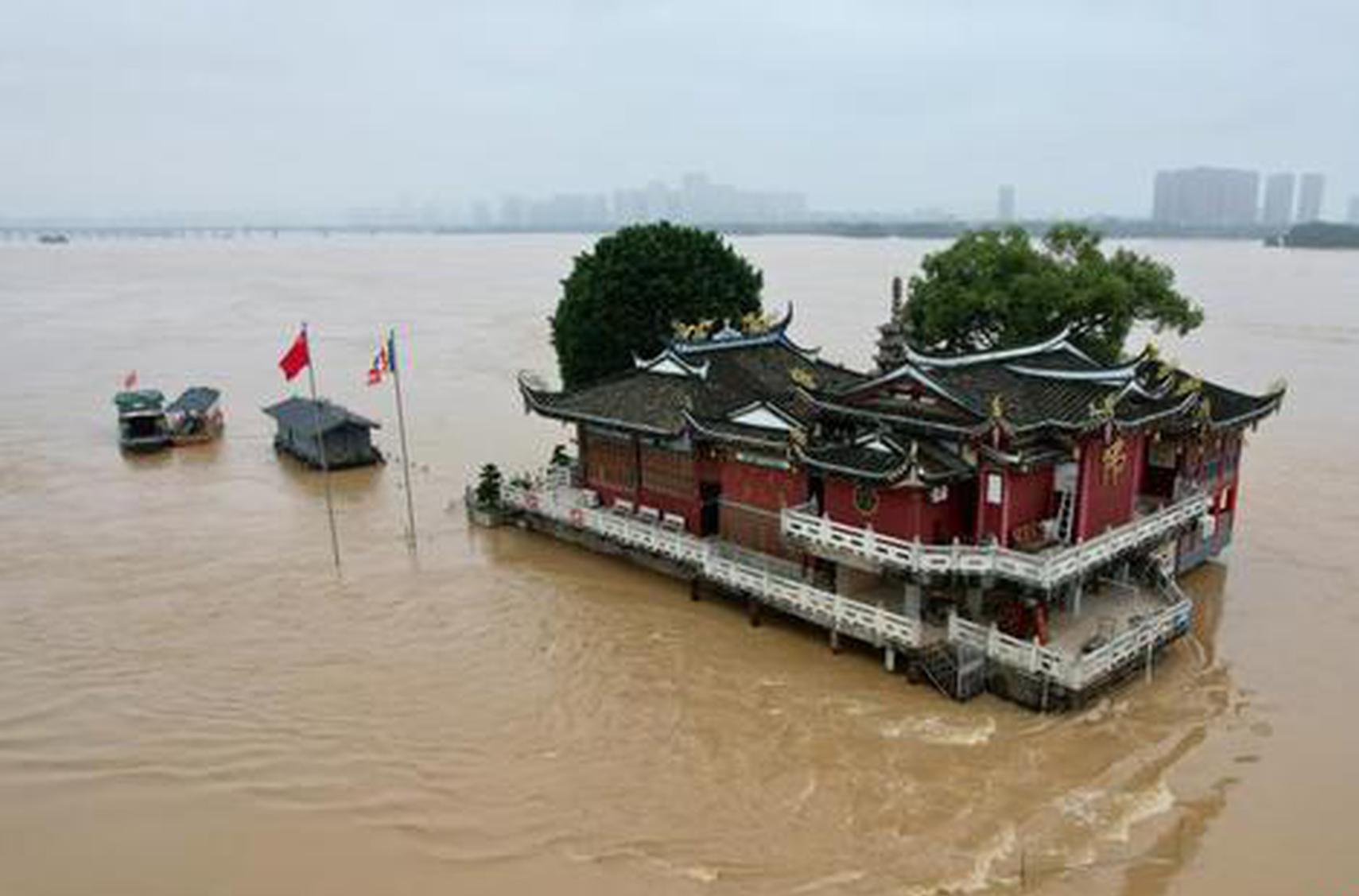


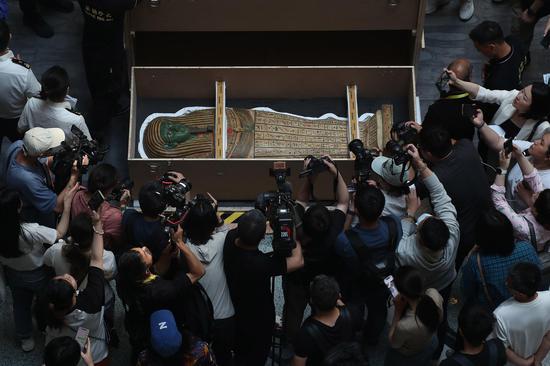

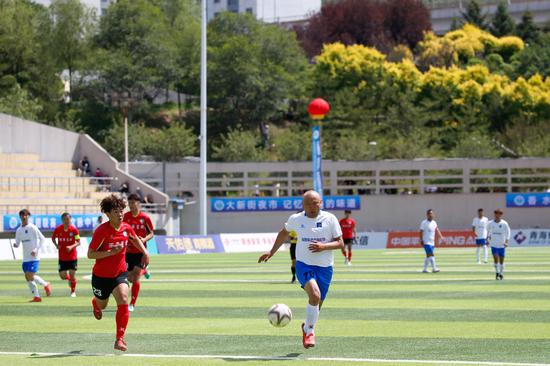

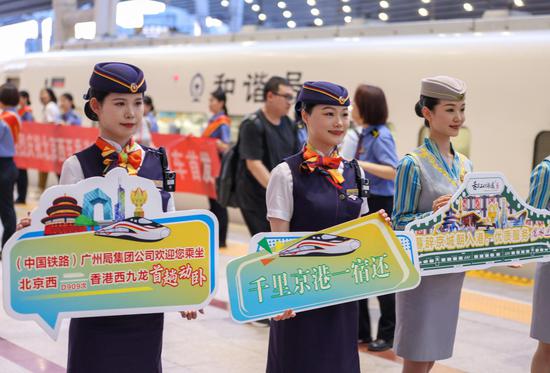
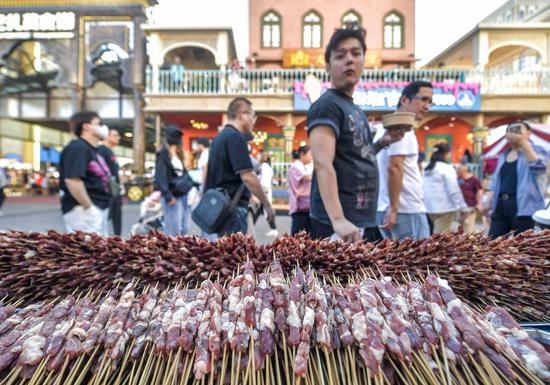
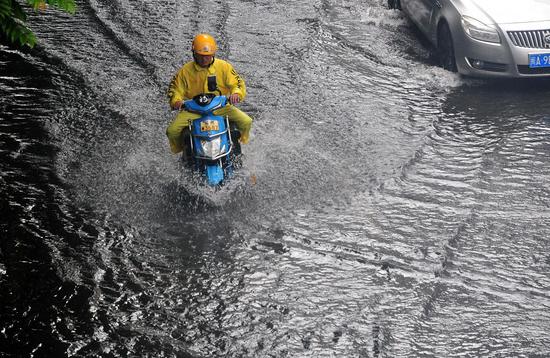
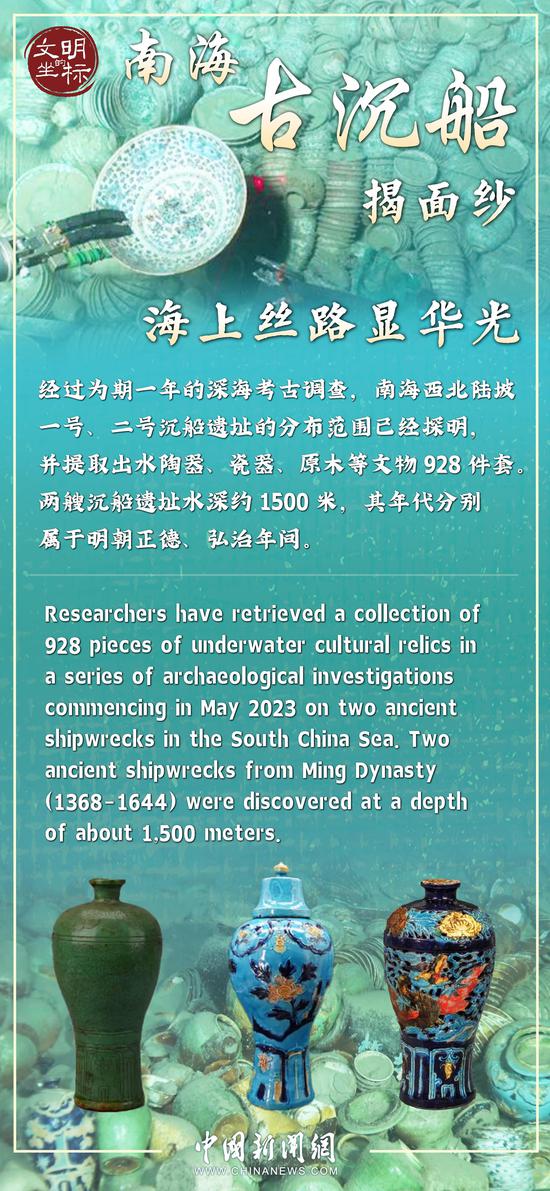
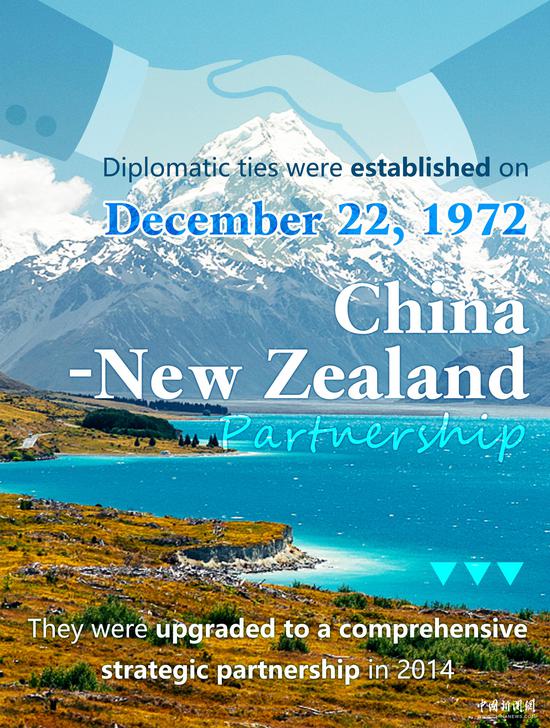

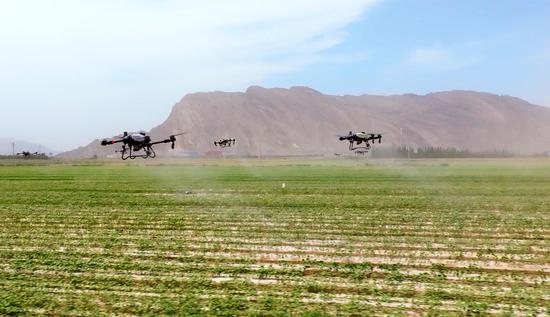
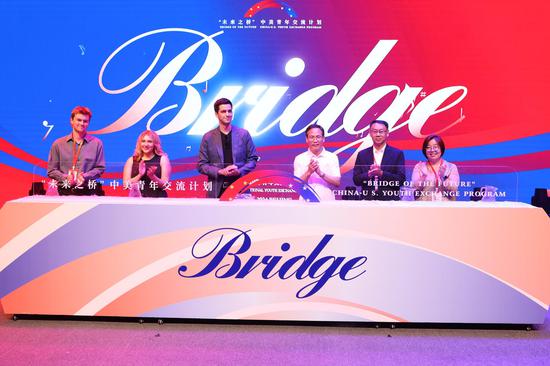
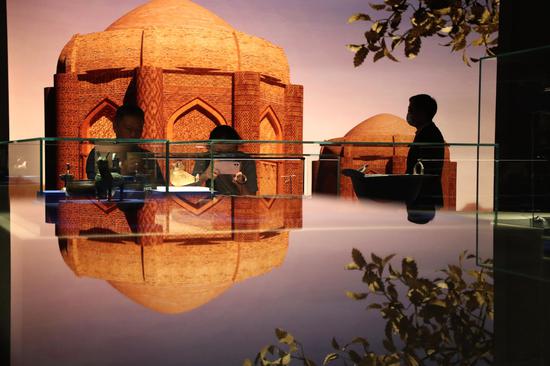
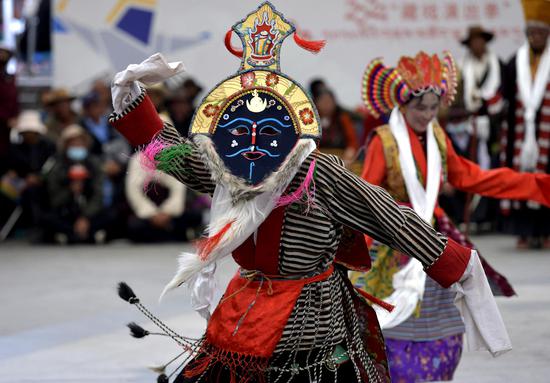
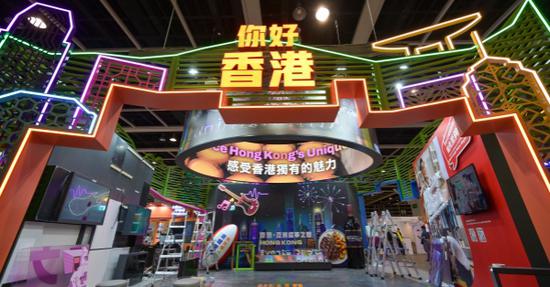
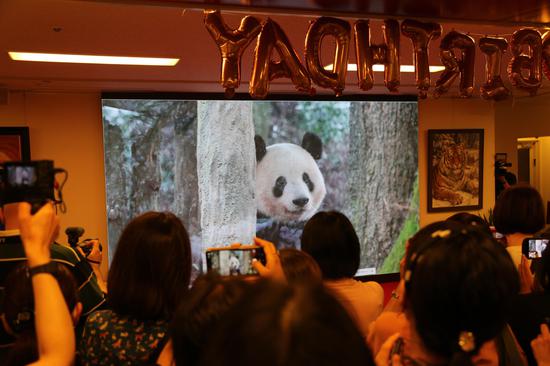
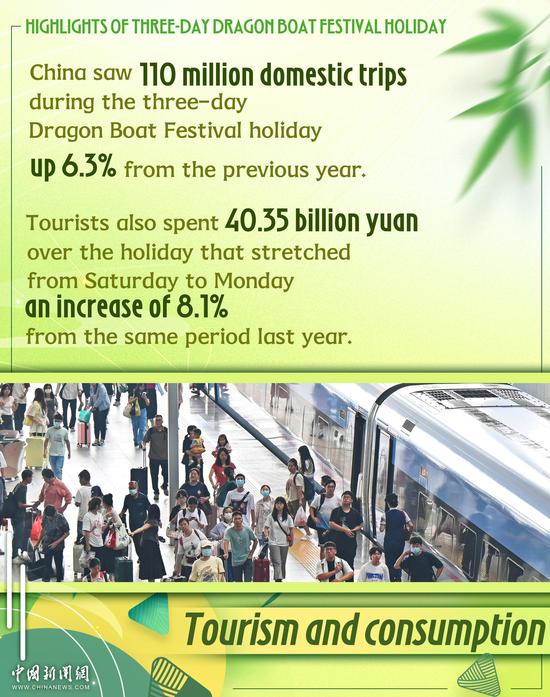

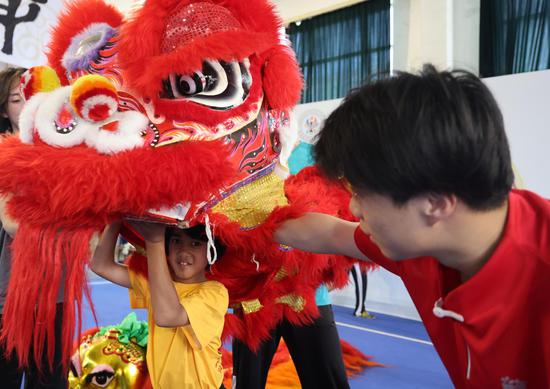
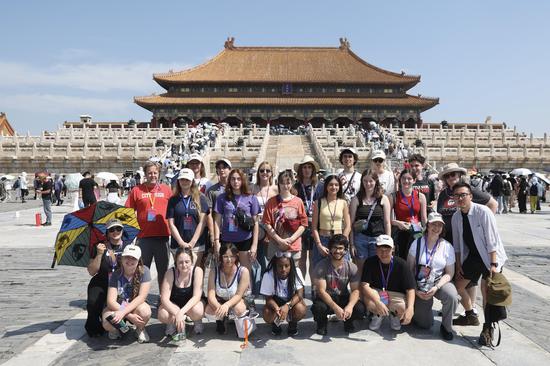

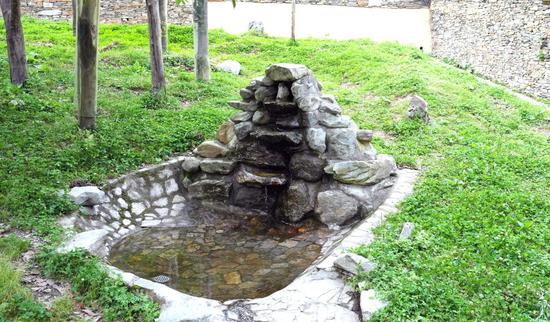
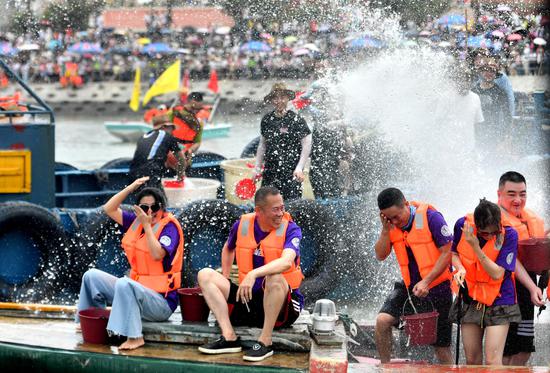
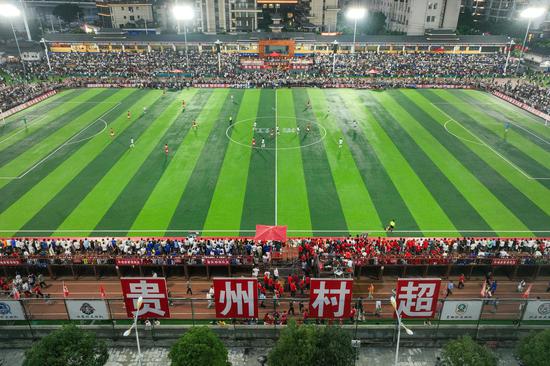
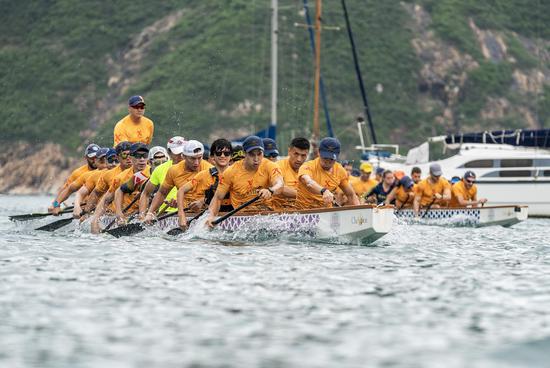
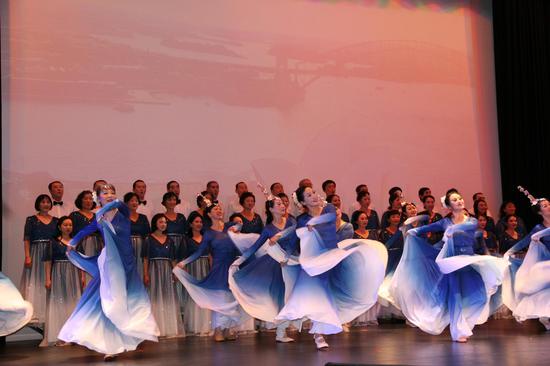
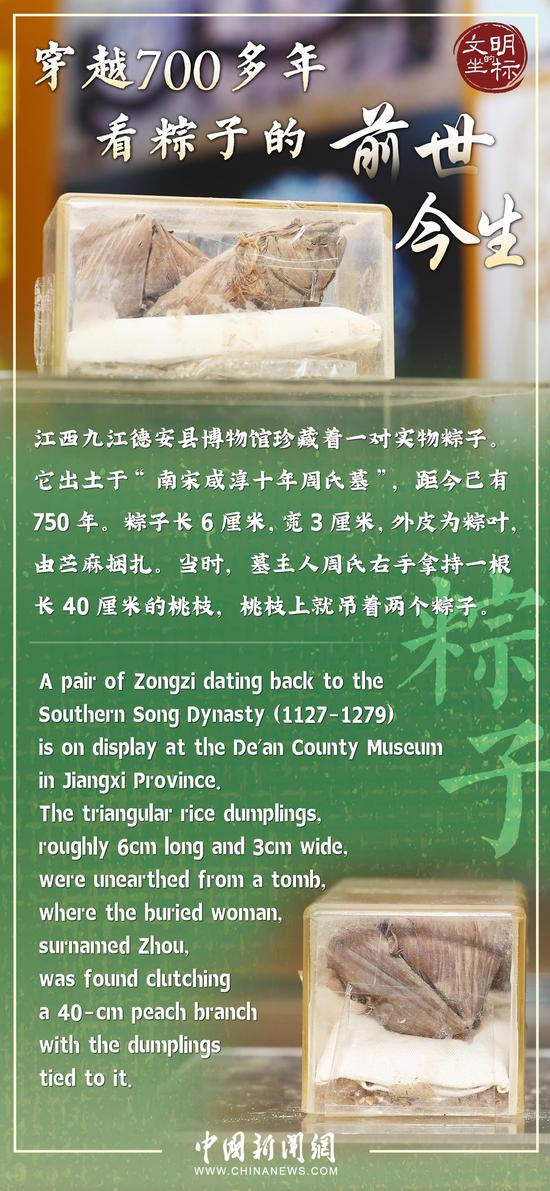






 京公网安备 11010202009201号
京公网安备 11010202009201号